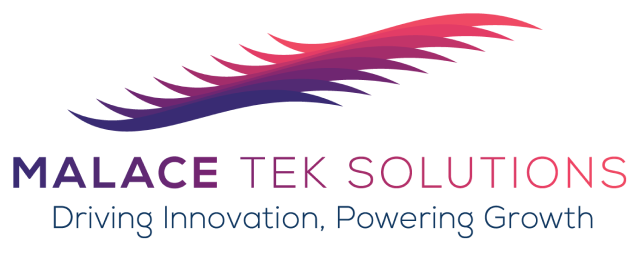In the ever-evolving landscape of the tech industry, staying ahead of the curve is not just a preference but a necessity. As technology continues to advance at a rapid pace, professionals seek ways to validate their skills and stand out in a competitive job market. One avenue that has gained significant prominence is the pursuit of industry certifications.
The Certification Advantage
1. Skills Validation:
Industry certifications serve as a tangible validation of a professional’s skills. Whether it’s a certification in cloud computing, cybersecurity, or software development, these credentials provide employers with confidence in an individual’s ability to apply their knowledge to real-world scenarios.
2. Career Advancement:
A strategic investment in certifications can open doors to new career opportunities and advancement. Many tech professionals find that holding relevant certifications enhances their credibility and positions them as experts in their respective fields. This can lead to promotions, salary increases, and exciting career paths.
3. Adaptability to Industry Changes:
The tech industry is dynamic, with new technologies and frameworks emerging regularly. Certifications often require ongoing education and recertification, ensuring that professionals stay abreast of the latest trends and updates. This adaptability is crucial in an industry where innovation is constant.
Choosing the Right Certification
1. Aligning with Career Goals:
When considering certifications, it’s essential to align them with your career goals. Assess the skills in demand within your chosen field and select certifications that complement your expertise and aspirations. For example, a data scientist may opt for certifications in machine learning or data analytics.
2. Industry Recognition:
Research the industry recognition of certifications. Some certifications are globally recognized and respected, carrying weight across various organizations. Knowing which certifications hold the most value in your field can significantly impact your marketability.
3. Consulting with Industry Experts:
Seek guidance from industry professionals or mentors who have navigated similar career paths. Their insights can help you make informed decisions about which certifications align with current industry trends and employer expectations.
Building a Certification Strategy
1. Prioritizing Relevance:
Prioritize certifications that are relevant to your current role or desired career path. While a broad skill set is valuable, focusing on certifications that directly impact your daily responsibilities can yield the most immediate benefits.
2. Balancing Specialization and Generalization:
Strike a balance between specialized certifications that deepen your expertise and more general certifications that broaden your skill set. This balance showcases versatility and adaptability, qualities highly valued in the tech industry.
3. Showcasing Certifications Effectively:
Once certified, effectively showcase your credentials on your resume, LinkedIn profile, and other professional platforms. Highlight specific projects or achievements related to your certifications, providing tangible examples of how you’ve applied your knowledge.
Conclusion
In a competitive tech job market, industry certifications have become a powerful tool for professionals aiming to distinguish themselves. These credentials not only validate skills but also serve as a testament to a commitment to ongoing learning and professional development. At MalaceTEK Solutions, our industry professionals can help your business unlock a world of possibilities in the dynamic and rewarding landscape of the tech industry. Contact MalaceTEK Solutions today for more information!


